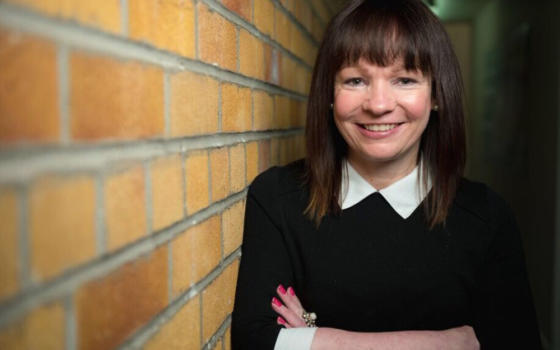“Typhoon signal number eight is hoisted. All schools are closed today.”
Looking back into my childhood, one unforgettable memory was to hear the above announcement through the radio. There is nothing like being “let off” from school for a day or two to cheer up a young mind. A prolonged and indefinite period of school closure, however, is not precisely a holiday. Almost overnight, our children and young people found themselves having lost their daily routine that was part of their life almost every day since as far as they can remember.
Cancelling examinations may sound like a dream to some, but the uncertainty of being assessed through unexpected and unfamiliar means (such as predicted grades) is probably provoking more anxiety than one may imagine. Children and young people find themselves being “locked in” with their parents, siblings, and family members 24/7; this may be precious time for some, but less personal space may also cause more friction. For quite the opposite reason, friendships and social lives too are facing unprecedented challenges, as no social media or emoji (however innovative) can truly replace the unique experience of face to face interactions, for better or worse.
Indeed, while Covid-19 and the lockdown affects us all, their impact on young people’s mental wellbeing cannot be over-estimated. Lack of routine, social isolation, sense of uncertainty, academic pressure, and changes in interpersonal relationships are all well-known risk factors of stress that may trigger mental health difficulties, especially for those who are already at-risk or have experienced previous episodes of illness. A recent survey by mental health charity MQ highlighted the public’s concerns on Covid-19 and mental health. The urgent need for research in this area has also been recognised, with many studies launched including the CovidLife Survey set up by the Generation Scotland team.
While only time (and data) can tell, with some level of precision, to what extent and how young people’s mental health is being affected at this “strange” period of time; it is important to remember that many positive social changes did emerge through challenging times in history. For a clinical psychologist specialising in youth mental health and a parent, I for one would hope that the lockdown will prompt a much-needed debate on work-life balance, paving the way for policy and attitude changes that embrace the fundamental human needs for social connectedness and the importance of family life.

